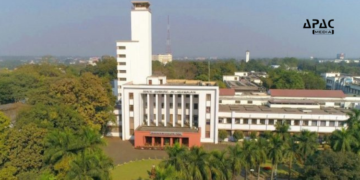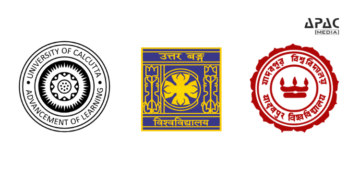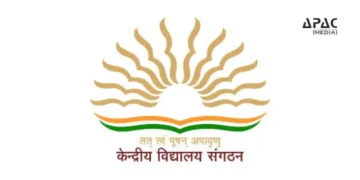Bengaluru: Digi Yatra Foundation has partnered with the Data Security Council of India’s National Centre of Excellence (CoE-DSCI) to jointly develop a whitepaper exploring the future of decentralised digital identity systems in India. The initiative aims to provide policy and industry stakeholders with a framework for modular, verifiable, and privacy-centric digital identity infrastructure.
Shifting Focus Toward Self-Sovereign Identity Models
The joint document, titled “The Future of Digital Identity in India: Modular, Verifiable, and Decentralised”, will examine how self-sovereign identity (SSI) frameworks could play a key role in India’s digital governance ecosystem. The paper builds on Digi Yatra’s implementation of decentralised identity through its face authentication system at airports, which has processed over 56 million passenger entries since its launch in 2022.
The document aims to position Digi Yatra as a practical case study in SSI deployment and provide insight into how decentralised digital identity systems can operate at scale without compromising user consent or data privacy.
From Airport Entry to National Framework
Initially launched at three airports, Digi Yatra’s technology has expanded to 24 airports nationwide by 2024. The app has registered over 13 million downloads and enables passengers to use facial recognition for contactless entry and check-in processes. While the system is currently aviation-focused, the upcoming whitepaper will explore its relevance to other sectors such as healthcare, banking, and government services.
Suresh Khadakbhavi, CEO of Digi Yatra Foundation, stated that the collaboration seeks to outline a common trust layer rooted in decentralisation that could serve as a model for multiple public-facing digital systems.























































Discussion about this post